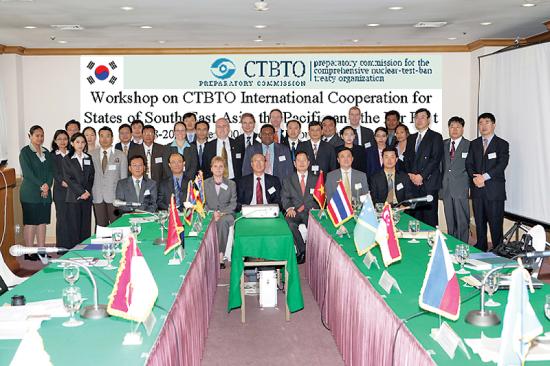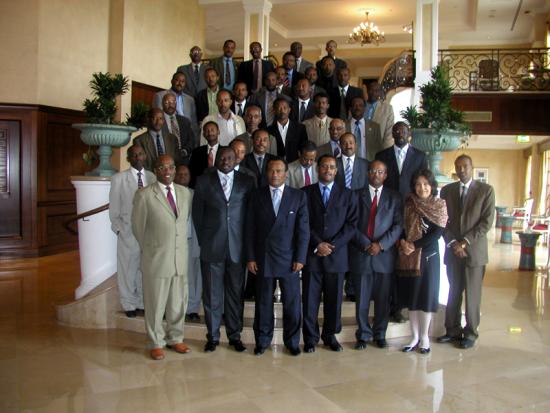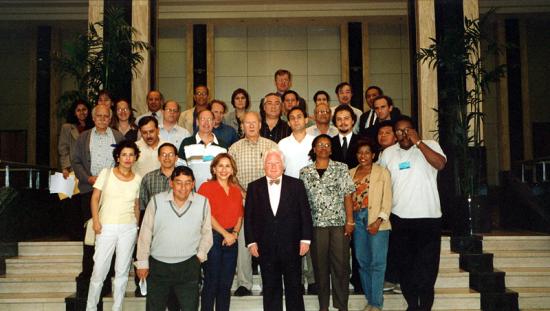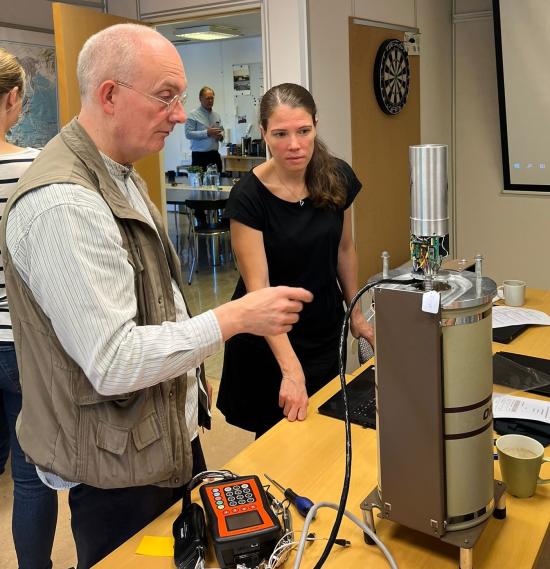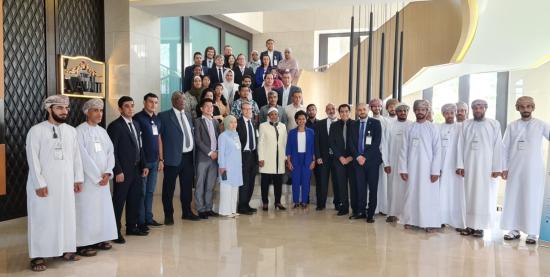Membership Benefits
Political benefits
In signing and ratifying the Comprehensive Nuclear-Test-Ban Treaty (CTBT), a State joins a group of like-minded countries that are dedicated to strengthening the international nuclear non-proliferation and disarmament regime, thereby contributing to international peace and security.
Banning nuclear explosions of any kind is an important step towards making the world a safer place.
- The CTBT is essential for nuclear non-proliferation since it limits the ability of countries that do not have nuclear weapons to develop these weapons.
- The CTBT is also essential for nuclear disarmament since it curbs the development of new types and new designs of nuclear weapons.
- The CTBT is crucial in a world in which we see the resurgence of nuclear energy. A legally binding Treaty banning nuclear test explosions provide a clear and visible barrier between prohibited and permitted nuclear activities.
- The CTBT is a strong confidence- and security-building measure – internationally, regionally and bilaterally.
- The CTBT also protects against the serious impacts of nuclear testing on human health and the environment.
Although the CTBT has not yet entered into force, it has already helped to create a de facto international norm against nuclear testing. Over 2000 nuclear test explosions were conducted between 1945 and 1996; since then, tests have been carried out on just ten occasions.
Access to verification data and analyses
States Signatories to the CTBT enjoy many benefits deriving from the global verification regime built to monitor compliance with the CTBT. They benefit from the data it collects, the data analyses it generates and distributes, and the technologies it uses.
All data, raw and processed, are available to Member States upon their request. In fact, it is understood that all data are the property of the States Signatories. Through the International Data Centre (IDC), States are provided with open, equal and timely access to all data from the International Monitoring System’s (IMS) monitoring facilities and to all IDC analysis products. All information is distributed cost-free, on an equal basis and without discrimination.
Access to this vast amount of information enables States to assess whether or not a suspicious event has occurred and whether it constitutes a violation of the CTBT.
Civil and scientific applications of verification data
Many civil and scientific applications for CTBT data exist beyond monitoring compliance with the Treaty. These applications can help mitigate the effects of natural or man-made disasters, increase the wealth of knowledge about our planet and contribute in a wide variety of ways to human welfare. At the time of the Treaty negotiations in the mid 1990s, these additional benefits were not anticipated. Only now is the international community beginning to understand their full potential.
For example, under Tsunami Warning Agreements, data on earthquakes or other seismic events that could cause a tsunami are transmitted in near-real time to national tsunami warning centres in many Member States, helping them to issue more timely and precise public alerts.
State-of-the-art science and technology
The use of data and data analyses by States Signatories already constitutes a technological benefit. The CTBTO verification regime is highly sophisticated and remains unprecedented in its level of technological complexity. It uses highly developed technologies in data gathering, transmission and processing.
In order to maintain the highest levels of preparedness so that its mandate can be carried out upon entry into force of the Treaty, the CTBTO continuously enhances its technical capabilities and keeps abreast of developments in the relevant fields of science and technology. This approach gives States Signatories access to the most advanced scientific methods and technologies available.
States hosting monitoring facilities of the CTBT verification regime enjoy specific additional benefits. Although established by the CTBTO, the 337 monitoring facilities located around the globe are actually owned and operated by the respective host country. Thus, States hosting monitoring facilities receive technical and financial assistance from the organization to establish, upgrade, operate and maintain these facilities.
National Data Centres
The CTBTO supports States in the establishment of National Data Centres (NDCs) where data are received and managed. Wherever necessary, States receive assistance to install the necessary hardware and software. The CTBTO also helps establish communication links between the International Data Centre (IDC) in Vienna and the NDCs.
Experts Communication System
Capacity Building and Training
States may benefit from training activities organised regularly by the CTBTO, in which participants acquire necessary skills for the implementation of the Treaty at the national level.
These include training courses and workshops for analysts and staff of NDCs, for IMS station operators and for potential on-site inspectors, as well as expert meetings to explore technical advances in tools and methodology.
In addition, a dedicated e-learning platform, the CTBTO Knowledge and Training Portal (KTP), provides online training materials and educational resources.
Assisting Developing Countries
The CTBTO undertakes specific efforts to support developing countries’ participation in its work. Workshops, seminars and other training activities at the national and international level have been held to respond to the needs of developing countries. Participants are familiarised with the objectives of the Treaty, its significance and its contributions to national capacity building. They also learn about the Treaty’s implementation at the national level and the potential civil and scientific uses of verification data and technologies.
States are always encouraged to share their experiences, exchange information and strengthen bilateral and multilateral cooperation. These international training and cooperation activities are often supported by voluntary contributions from States Signatories.

More than 185 countries have signed the Treaty.
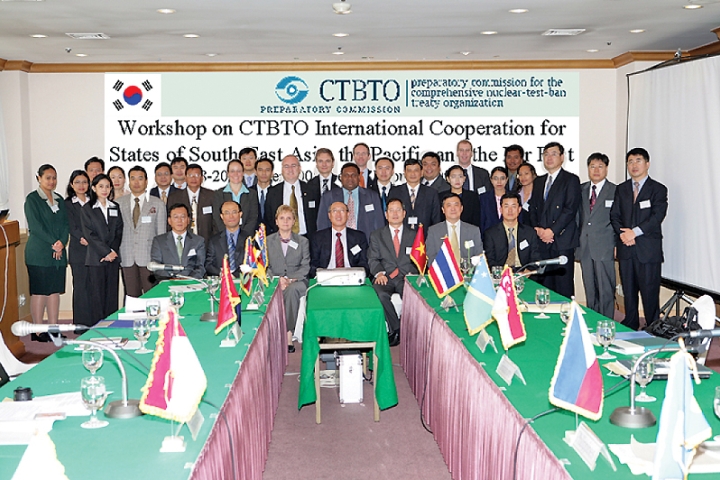
Workshop in Seoul, South Korea, December 2005
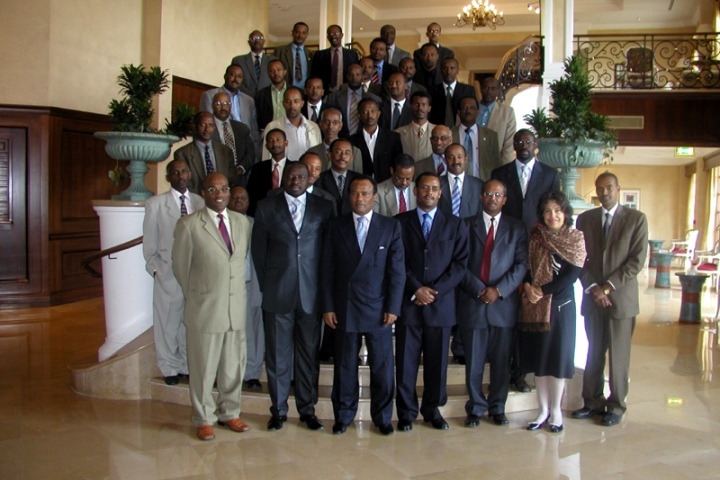
Seminar in Addis Ababa, Ethiopia, June 2005
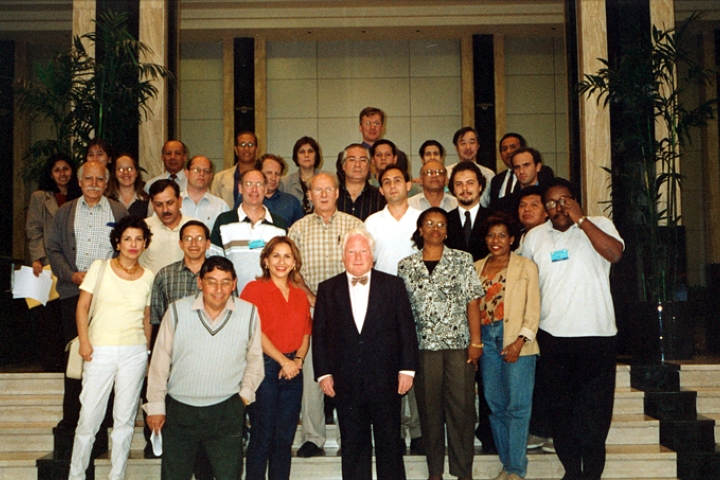
Workshop in Lima, Peru, December 2000
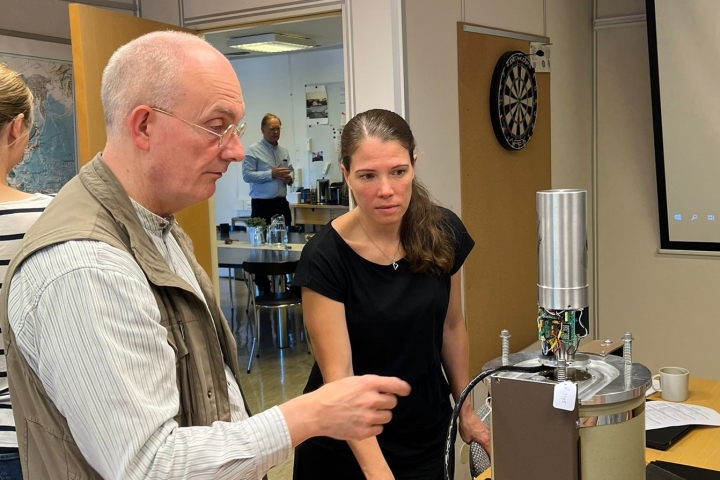
Technical Training for Radionuclide Station Operators using Cinderella Equipment in Iceland 5-8 September 2022.
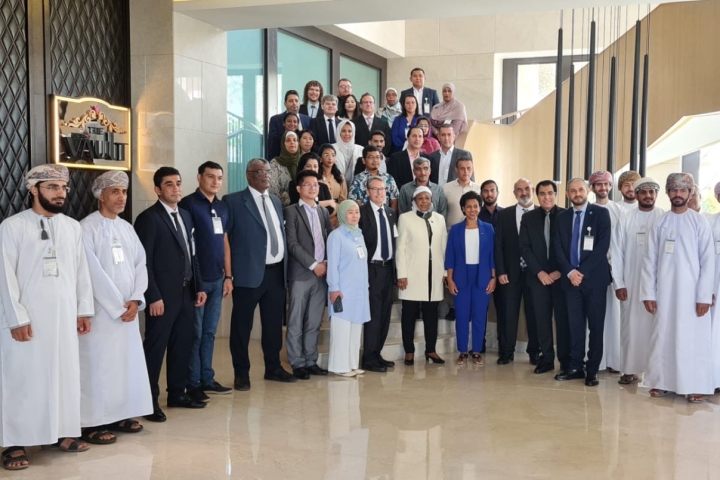
NDC Capacity Building Workshop & Regional Seismic Travel Time in combination with Data Sharing and Integration Training for the Middle East and South Asia (MESA) region, 4-8 September 2022 in Muscat, Oman.


